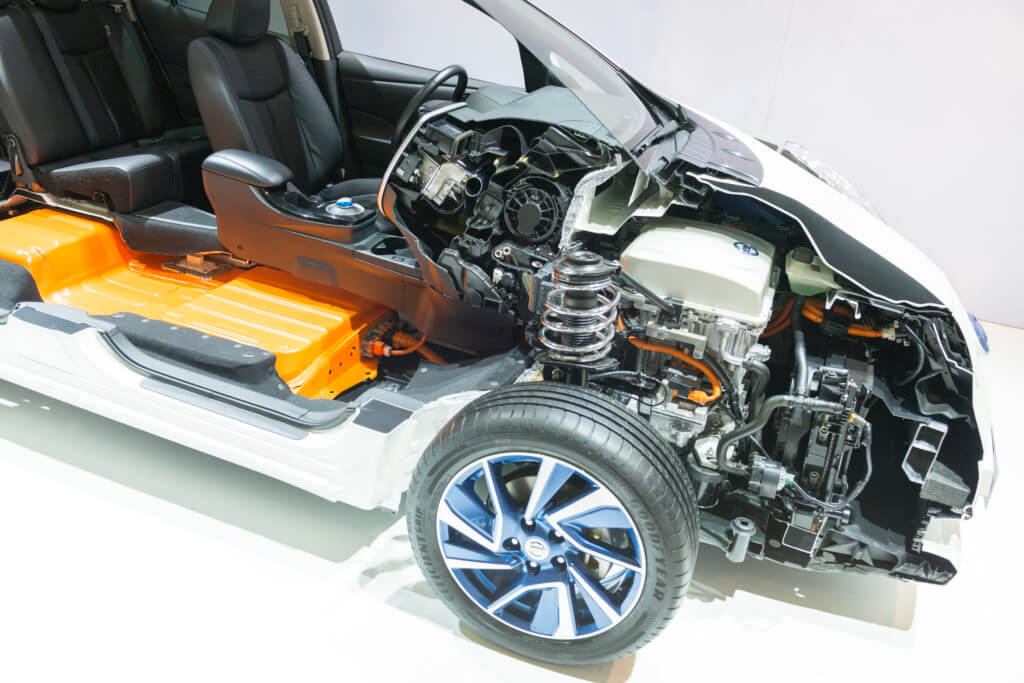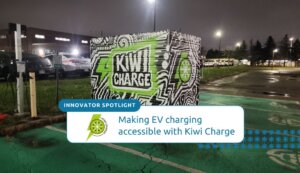Original Article, B. Heid et al., McKinsey & Company, June 25, 2021
Hydrogen combustion engines can leverage existing technologies and provide a zero-emissions option for specific use cases while supporting the growth of hydrogen infrastructure.
Regulators are tightening emissions rules for on-highway trucks in many of the world’s largest markets (Exhibit 1). From 2030 onward, regulators in Europe will require manufacturers to cut CO2 emissions for new on-highway trucks by 30 percent compared with 2019 levels.1 In the United States, the emissions-reduction target by 2027 is 46 percent lower than 2010 levels. Fifteen US states, led by California, have additional mandates in place that by 2030 will require 30 percent of trucks sold to be zero-emission.2 Similarly, Chinese regulators are requiring OEMs to reduce emissions for heavy-duty trucks by 24 percent from 2021 compared with 2012. Additional longer-term targets are likely, given that China recently joined the growing group of countries with net-zero emissions targets by or before 2060.








